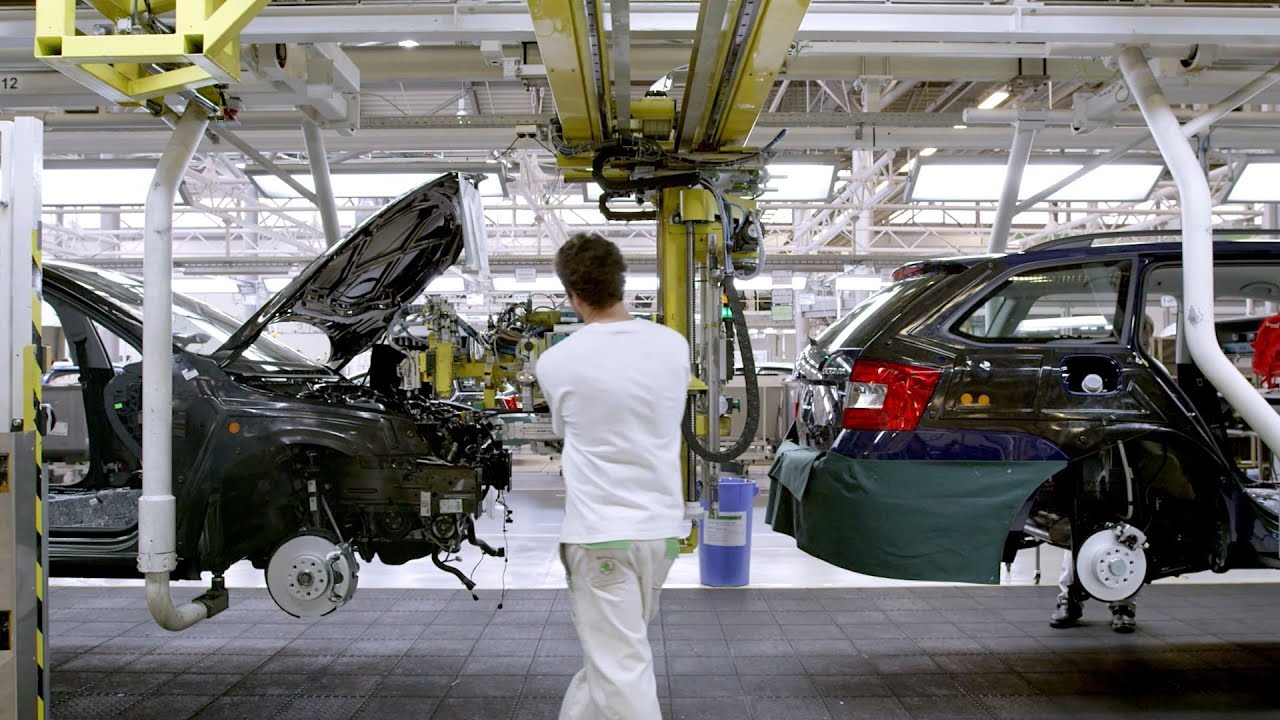South Korean carmaker Hyundai Motors plans to develop its own semiconductor production to reduce dependence on suppliers, says global chief operating officer Jose Munoz.
“The industry on chips is responding very, very quickly,” Munoz said in a Reuters interview. “Intel is investing a lot of money to expand capacity and in our case, too, we want to be able to develop our own semiconductors within the group, so that we are less dependent in another similar situation.”
Although Hyundai has suspended operations at some plants, Munoz said the worst of the crisis was over, adding that for the carmaker, the hardest months were August and September, Kallanish notes.
The Hyundai Mobis component unit will play a key role in the implementation of this plan. “Hyundai aims to increase car deliveries in the fourth quarter to the level of its business plan and to compensate for some of the production losses,” he added.
Along with Toyota and Tesla, Hyundai is among those carmakers that have increased global sales despite chip shortages.
In September, low semiconductor deliveries forced Ford, General Motors, BMW, Volkswagen Audi, Opel, Nissan and Volvo to halt some production sites (see Kallanish passim). Russian carmakers were also hit by the supply disruptions.
The global automotive sector has rebounded strongly since the initial Covid-19 lockdowns last year but supply chain disruption is constraining further growth, worldsteel said last week.
Global semiconductor shortages will cost the worldwide automotive industry around $210 billion in lost revenue this year, shows the latest forecast of consulting company AlixPartners. The consultancy is now forecasting that vehicle production of 7.7 million units will be lost in 2021.
Svetoslav Abrossimov Bulgaria






